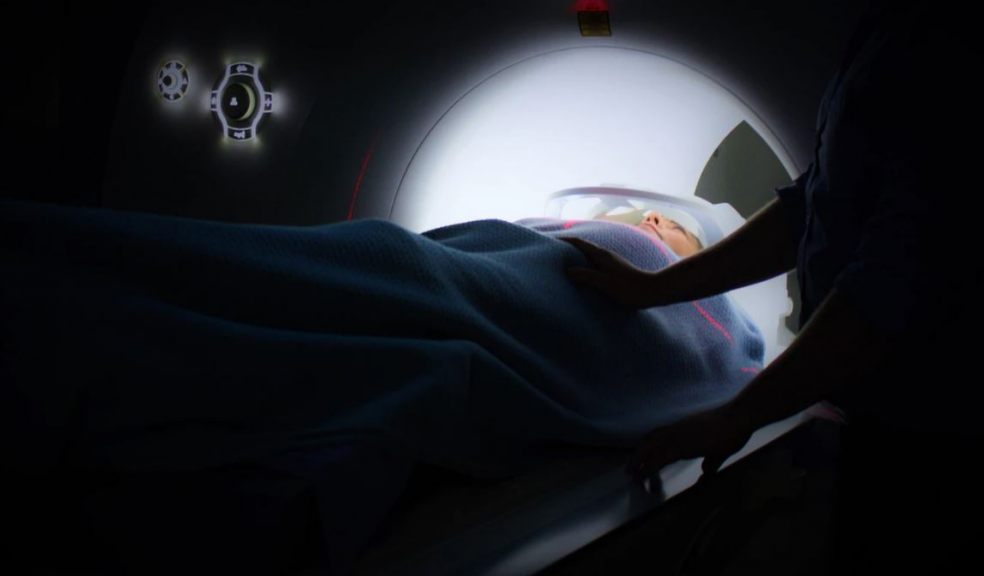
What are the physical effects of a brain injury?
A brain injury can affect a person in a variety of ways, including having significant physical effects that can have an on-going impact for a person’s quality of life and ability to live independently.
The severity of these effects will depend on how serious the brain injury was and what part of the brain was affected. The physical effects of a brain injury can be temporary or more permanent and a variety of medical treatments and other types of care may be needed to deal with these effects.
Why a brain injury affects your physical abilities
Unlike most other parts of the body, brain cells cannot be repaired or replaced if they are damaged. This means that if you suffer a brain injury, the damaged parts of your brain will never work in the same way again. If those parts were used to control the physical functions of your body, some degree of impact on those functions is inevitable.
That said, the brain is also capable of ‘rewiring’ itself to work around damaged areas to some extent. This is known as neuro-plasticity and can allow you to relearn how to control your body using different parts of your brain. This process is not always 100% effective and can take time, however, which is why a brain injury will often result in some degree of lasting physical incapacity.
Physical symptoms of a brain injury
Exactly what impact a brain injury will have on a person’s physical abilities is completely dependent on the nature of the injury and will vary from person to person.
However, general issues many brain injury patients experience include:
• Issues with mobility and balance
• Stiff or weakened limbs
• Paralysis
• Limited range of movement
• Muscle spasms
• Ataxia i.e. irregular, uncontrolled movements or tremors effecting co-ordination
• Loss of sensation in the skin
• Impaired eyesight, taste and sense of smell
• Extreme tiredness
• Difficulty speaking or understanding speech
• Epilepsy
Treating the physical effects of a brain injury
The long-term impact on a person’s physical function due to a brain injury can often be mitigated with the right medical care and rehabilitation services. Exactly what type of care is needed will depend on the circumstances, but may include surgery and is likely to include physical therapy.
Physical therapy can be absolutely vital in developing the brain ‘rewiring’ mentioned above. Encouraging a brain injury patient to work on their physical abilities can help the brain to form new neural pathways and speed up the process of recovery. This can then have a very significant impact on how fast and how much a patient recovers after a brain injury.
On-going care brain injury patients
While with the right treatment it is often possible to recover a significant amount of lost function after a brain injury, many people will be left with some level of on-going physical disability.
This may leave them requiring the assistance of care workers, as well as requiring adaptions to their home and specialist equipment. It is also not uncommon for people who suffer a brain injury to have to take time off work or even give up work entirely.
All of these issues can often result in a significant financial burden for brain injury patients, as some of the care they need may have to be paid for privately, as well as the need to fund any necessary home adaptions or specialist equipment and replace lost wages.
This is one of the reasons many people pursue brain injury compensation, to allow them to fund the help and support they need to rebuild their lives. It can therefore be a good idea to consult with a specialist brain injury compensation solicitor to see whether you are likely to have a claim for compensation.

















